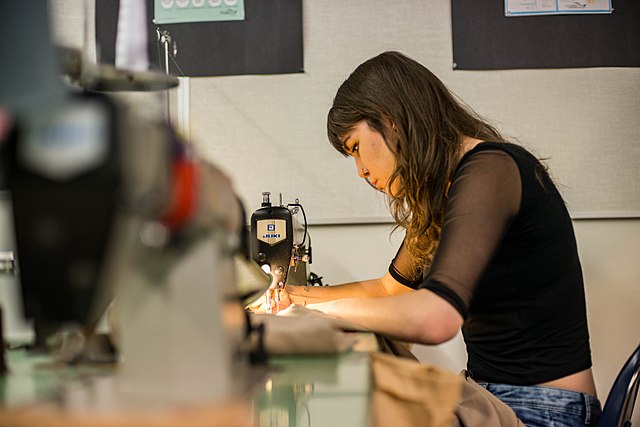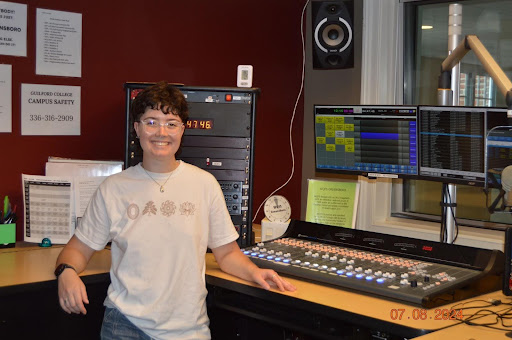A recent image of a severely injured young Syrian boy has led to an outcry about the civilians suffering in the Syrian conflict. The photo spotlights how fixated the world has been on Syria’s civil war without fully addressing the suffering of its people.
Unless they are refugees trying to enter the United States or combatants enacting violence, the Syrian people are widely ignored, despite human rights violations and constant crisis.
“This is what we in political science call realpolitik,” said Assistant Professor of Political Science Robert Duncan. “It’s all power and influence, and charity, compassion. Humanitarian issues aren’t part of that equation.”
Following the Quaker tradition of speaking truth to power, Friends are making an effort to defend human rights in the region.
“What we’re focused on is changing U.S. policy toward Syria, so that includes supporting a diplomatic solution, de-escalating U.S. involvement and advocating for U.S. policymakers to support generous humanitarian aid,” said Kate Gould, the legislative representative for Middle East policy for Friends Committee for National Legislation.
Though some have made efforts to help the situation, many are not aware of how dire things are inside the country.
“Our media is mostly driven by what gets attention, and humanitarian aid doesn’t sound particularly exciting, even though it should,” said Associate Professor and Chair of Political Science Maria Rosales. “I think there’s also a lot of people who really don’t think humanitarian aid is going to …. get to the root of the problem.”
Though FCNL does not directly bring aid to Syrians on the ground, it lobbies policymakers to bring change.
“All of us who are in a position to act and to mitigate or end the suffering in what is the greatest humanitarian crisis of our time must do so,” said Gould. “As fellow human beings, as part of the international community, I think that’s our primary responsibility. We really see it as a moral issue that the U.S. redouble efforts to end this carnage.”
Quaker ideals like pacifism support peaceful resolutions to the conflict in and around Syria.
“Quakers are very supportive of the ideas of having cease fires so that people who caught in the conflict can get out,” said Campus Ministry Coordinator Frank Massey. “I think because Quakers are talking to all sides, they are always in the conversation … calling for cease-fires, the end of hostilities and working at getting the non-combatants caught in the conflict out. There’s always hope, and hope stems from the end to the hostilities.”
Humanitarian aid efforts, according to many, would make a difference in the conflict.
“The social justice-oriented Quakerism that emphasizes peace as a value would potentially undermine some of the reasons ISIS and even (Syrian President Bashar) al-Assad have any kind of popularity,” said Rosales. “It could potentially make people’s lives better in ways that make them less drawn toward causes that they think are going to give them respect or power or land or anything else.”
While war makes distributing aid difficult, another problem prevents sufficient aid.
“I would note that despite all of the difficulties in distributing that aid — and I would imagine that every humanitarian aid group has encountered those difficulties in Syria — however, I also know from talking to various humanitarian aid groups that the major humanitarian aid groups are still able to get aid into Syria,” said Gould. “So, a major challenge they’re facing is just how underfunded they are.”
Gould suggested that those who want to get involved should contact their representatives, and according to Massey, many have not gotten involved because of lack of interest.
“We’ve gotten used to the 30 second sound-bite, and that’s about it,” said Massey. “We don’t want to go too deep. We don’t want to do our hard work.”












